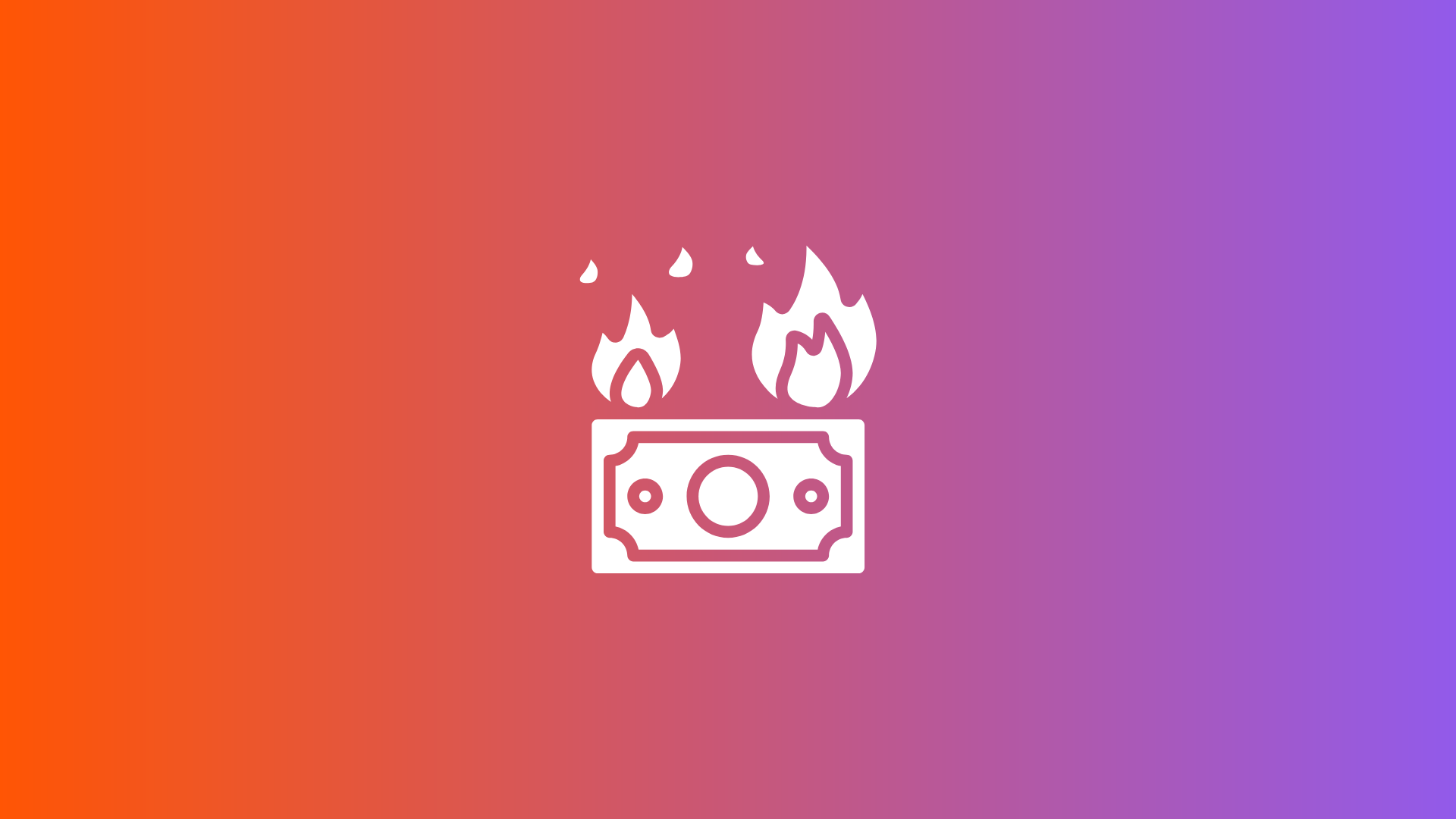10 Signs You're Bad With Money — And How to Change That
Your ability to handle money well determines how you live now, how you can provide for your children, and how you'll live in retirement. Enough reasons to find out: How good are you with money?

My declared goal is financial freedom by 45. To achieve this goal, I need to be good at earning money — but that's only one side of the coin. Saving money is at least as important.
"Wealth is what you haven't spent." — Unknown
Fortunately, I was able to learn about saving quite early from my parents. Since I was a child, my father told me: "Set aside 10% of your income every month and you won't have money worries."
In my view, the ability to save is one of the most important skills you should have. "Save for what?" you might ask. The answer: Because saving is awesome. Saving builds wealth and gives you the freedom to decide what you want. In a job interview, you simply have a better position when you know you don't need the job.
Are You a Good Saver? 10 Signs That You're Not
1. You save at the end of the month instead of the beginning
When I can manage it, I always get up a bit earlier in the morning to work on my projects. This is the only way I can be sure I have enough time for blog articles and reading.
Just as I invest in myself at the start of the day, you should do the same with saving: Set aside your savings rate at the beginning of the month, not at the end.
Whether you're already saving or not: When your next salary/deposit hits your account, immediately set aside X USD — no ifs or buts.
Why do homeowners have more wealth on average than renters? In Gerd Kommer's book "Rent or Buy," Kommer soberly shows that homeowners should mathematically be worse off. In reality, however, they aren't. How come? Renters aren't forced to save, while house builders are forced to by their mortgage. Without external pressure, renters tend to spend more money and invest less in building wealth.
2. You don't keep track of expenses
Most people don't have a clear overview of their expenses. Can you say off the top of your head how much money you need fixed each month? How much things cost? What's monthly and what's one-time?
When I read something like this, it sends chills down my spine. 22% of Germans don't even know if they're saving. It's impossible to be financially independent this way.
3. You confuse assets and liabilities
If you had to guess: Is a car an asset or a liability? Now you'll answer: "It depends on whether the car is paid off!" — absolutely correct.
From a cash flow perspective (Recommendation: the book "Rich Dad, Poor Dad"), a car is a liability: Through fuel, insurance, and repairs, money flows out of your pond. A stock, on the other hand, is an asset: It generates positive cash flow through appreciation or dividends.
4. You can't survive 6 months without a job
After becoming self-employed in 2017, my declared goal was: Being able to survive 6 months without money. My second goal: Being able to eat out every day ;) I achieved both within the first year.
Since 2020, I'm employed again — another nice story — and even now a large buffer proves very reassuring. It gives me negotiating security and lets me appear more confident.
5. You have no saving strategy
You might already be saving and have 1,000, 10,000, or even 100,000 USD in your account. However, you lack a strategy for what to do with it. A saving strategy clarifies not only how much you save, but where to and how much you're allowed to spend.
6. You keep buying more expensive things
"It doesn't matter how much I earn. When more comes into the account, I spend more" — someone told me at a party. Of course, you want to live differently at 40 than you did at 20 in student housing. There's absolutely nothing wrong with that.
7. You compare yourself with others
The financial situation of most people out there is not comparable to yours. For this reason, it's not helpful to compare your strategy with others'.
8. You rely on pension
Will you someday have a pension you can live on? I can't answer that question for you — but if you provide for it now, you certainly won't think in old age "What a mess, now I've saved money here for old age!"
9. You're surprised by bills
For some people, bills seem to be like Christmas: They come unexpectedly every year. Even as a private individual, it makes sense to have a small form of "bill management."
10. You don't consciously set aside money for wishes
When you save money, it makes sense to distinguish between long-term and short-term saving. Spending money is easy, but the line between cost-benefit and actual value shouldn't be lost sight of.
Want to Learn More About Smart Money Management?
If you found this article helpful and want to continue your journey toward financial independence, consider signing up for my newsletter. Every week, I share:
- Practical money-saving strategies
- Investment insights and opportunities
- Tips for building long-term wealth
- Common financial mistakes to avoid
- Real case studies and success stories
